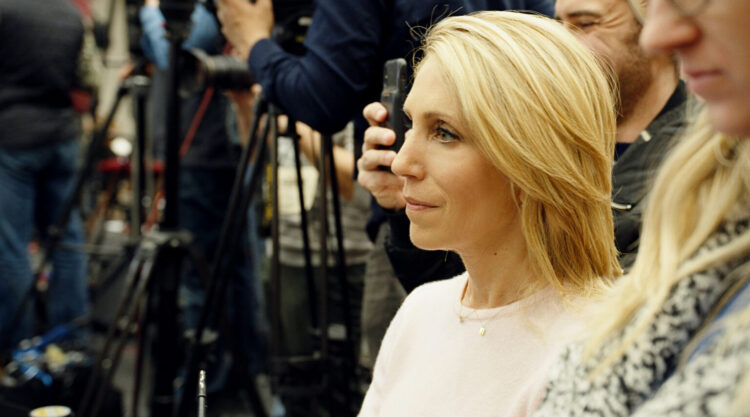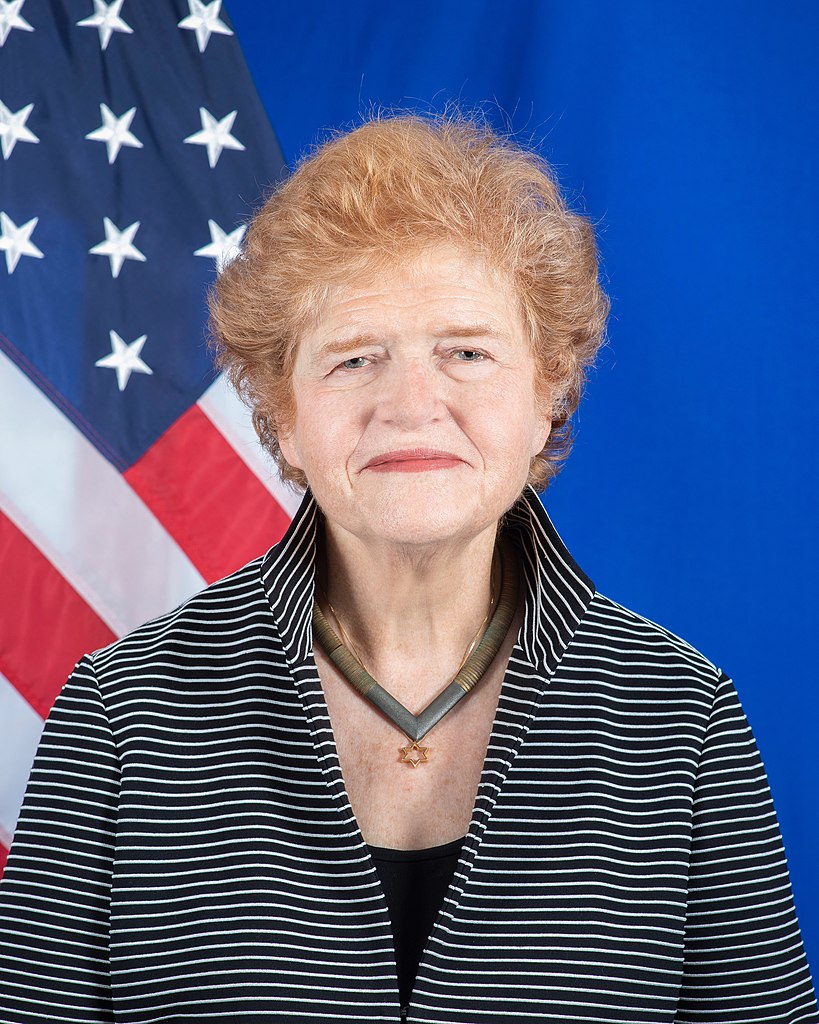It will come as no surprise to the well-informed class that openly-expressed antisemitism has been on an upward trajectory in the United States for the past few years. Antisemitic incidents, as measured by the Anti-Defamation League, have been steadily on the increase since 2017.
Rising Hate: Antisemitism in America, a special report carried by CNN last night, reviewed this lamentable situation in a one-hour documentary hosted by correspondent Dana Bash.
It started with a few eye-catching headlines:
Antisemitism, an ugly, deadly and recurring phenomenon, is being “normalized” in the United States, where Jews have achieved unparalleled integration and acceptance.
Jews are America’s most targeted religious group.
Antisemitism has become a “political prop” on the right and the left.
In her survey, which is often glib and superficial and constantly interrupted by a procession of annoying ads, Bash interviews experts in the field and travels around the country.
Exhibit A is in Colleyville, a somnolent town in Texas where a hostage drama unfolded last January after Rabbi Charlie Cytron-Walker innocently admitted a British stranger of Pakistani Muslim descent into Congregation Beth Israel. The intruder sought the release of a Muslim terrorist in American captivity, assuming that Jews could help him attain his objective. He was an ardent believer in the antisemitic conspiracy theory that Jews are all-powerful and manipulate and control the world.
Exhibit B is a Chabad synagogue in Poway, California, which was attacked by a neo-Nazi thug in 2019, resulting in the death of one congregant. The young perpetrator had been radicalized online.
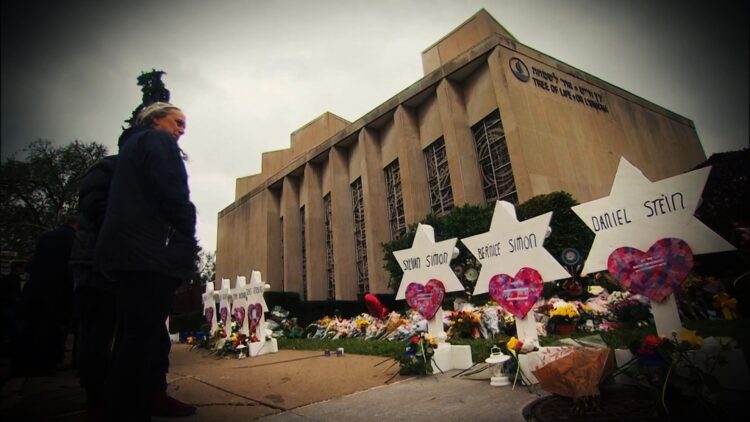
Bash does not mention the most deadly antisemitic assault in American history, during which a white supremacist extremist burst into the Tree of Life Synagogue in Pittsburgh in 2018 and murdered 11 people. Bash’s omission is not only inexplicable but negligent.
She presents fleeting footage of the infamous 2017 Unite the Right rally in Charlottesville, Virginia, during which antisemitic hooligans carrying Tiki torches at night shouted, “Jews will not replace us.” She does not place the rally into its proper context, but she strongly suggests that the then U.S. president, Donald Trump, failed to unequivocally condemn the motley assortment of antisemitic malcontents.
Bash talks to Julia Ioffe, a Jewish reporter who was verbally abused online by antisemites. One of them sent her a doctored photograph of herself in concentration camp garb. As Bash notes, she was not the only Jewish journalist targeted by the radical right.
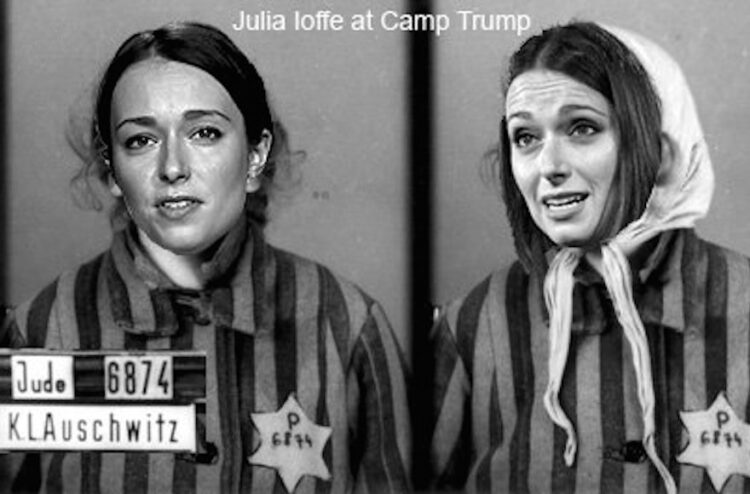
Jews are a “very convenient scapegoat,” says Deborah Lipstadt, an Emory University professor of history who was recently appointed by President Joe Biden to monitor antisemitism.
Paul Abbate, the deputy director of the FBI, reports that the threat level against Jews is at a “historic high.”
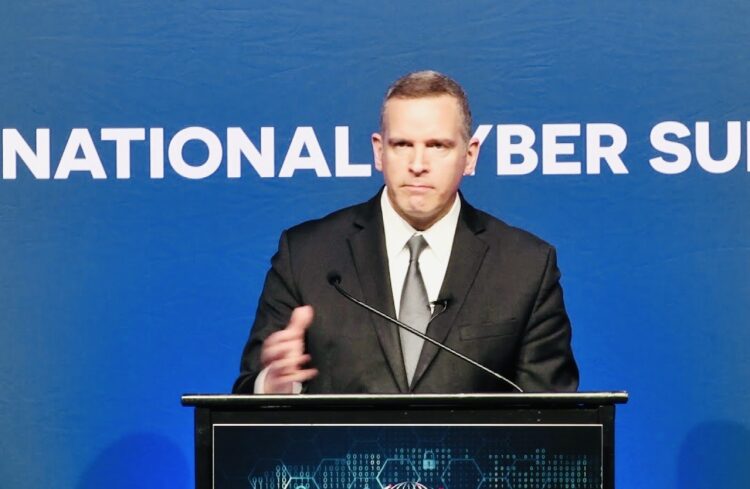
“It’s as bad” as the 1930s, says Jonathan Greenblatt, the director of the Anti-Defamation League. He goes on to accuse Trump of having “normalized” antisemitism, his close family connections to Jews notwithstanding.
One of Bash’s interviewees, Damien Patton, is a former antisemitic skinhead of partial Jewish origin who is currently working to remove anti-Jewish content from social media. He is fighting an uphill battle. Five major online media companies still have not deleted the bulk of antisemitic material from their respective platforms.
Bash claims that the coronavirus pandemic, which has killed more than one million Americans since 2020, has generated a spike in antisemitism. Absurdly enough, Jew haters maintain that Covid-19 was developed by Jewish scientists as a bioweapon.
A growing form of antisemitism has been propagated by anti-Zionist left-wing activists, she points out.
Casandra Blotner, a Jewish student at State University of New York, was excluded from a sexual assault discussion group after being branded as a “Zionist.” Blotner insists she has nothing against Palestinians, but her support of Israel renders her a persona non grata in the eyes of some of her fellow students.
The documentary acknowledges that right-wing antisemitism is far more virulent than its left-wing variant. Oddly enough, Bash never brings up the Boycott, Divestment and sanctions movement, which has been accused of antisemitism.
Lipstadt assures viewers that the U.S. government recognizes that antisemitism is a “serious problem.”
She adds that antisemitism can be fought if it is recognized and understood and if it is combatted through education and action. The Secure Community Network, a non-profit Jewish monitoring organization based in Chicago, tracks antisemitism all over the United States, but only half of U.S. states mandate programs in Holocaust education.
Rising Hate: Antisemitism in America is as informative as a shallow tabloid newspaper story. It lacks depth and is completely devoid of historic context. It merely scratches the surface.
